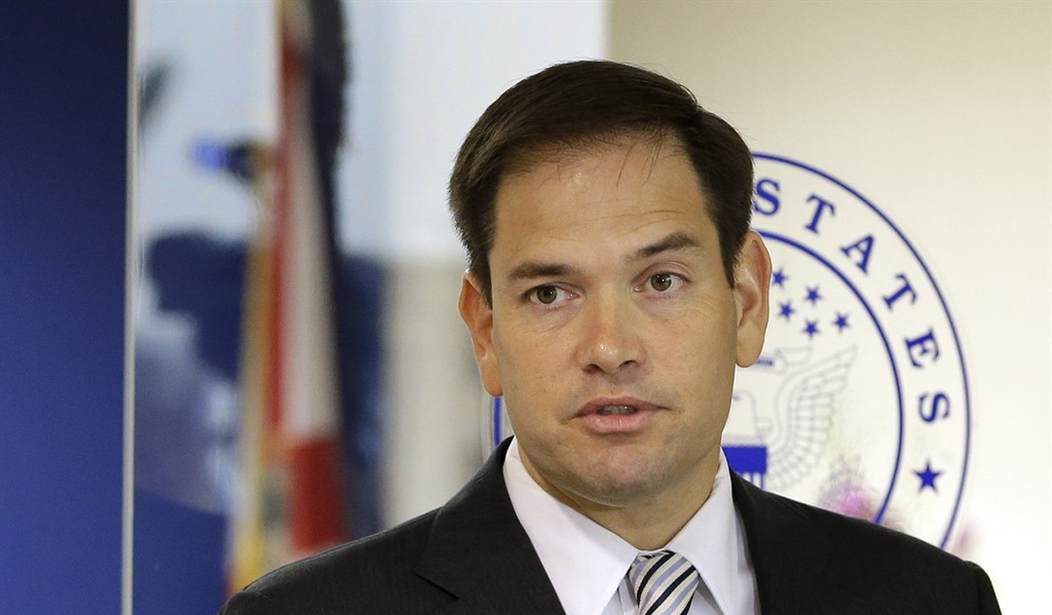Editor's Note: This piece was coauthored by Townhall interns Catherine Dunn and Megan Maxey.
The overall cost of corruption worldwide is estimated at $2.6 trillion--that’s trillion, with a T. At 5 percent of the global GDP, the high cost of corruption was cited by the Senate Foreign Relations Committee on Thursday as reason to fight corruption worldwide.
The hearing, entitled “Violent Extremism, Kleptocracy, and the Dangers of Failing Governance,” focused on how to prevent the U.S.’s foreign aid efforts from being compromised. The U.S. spends about $34 billion on foreign aid, $70 million of which is spent on anti-corruption measures.
Despite there being “total unanimity” on the issue of anti-corruption efforts in sending foreign aid, the panelists and senators sparred over whether the committee was utilizing resources in effective ways. The main problems addressed lay in Venezuela, Colombia and Haiti.
Sen. Marco Rubio (R-FL) pressed the panelists on why action had not already been taken against known corrupt state actors, such as the FARC, which brought in an estimated $1 billion from cocaine trafficking.
The panelists pointed to action already taken by the Senate on this topic, including adding FARC to the FTO list and imposing sanctions. Rubio argued that these actions were not enough.
There was also argument as to whether corruption lay in the leaders of the country or within the culture. Sen. Bob Corker (R-TN) said that cultivating a "culture of public integrity" takes time, but the U.S. should still work with leaders to make progress in reducing corruption.
Recommended
Speaking on Haiti specifically, Rubio stated, “I have zero confidence that the Haitians don’t have political agenda when directing us."
Rubio pointed to Haitian elections as an example of unproductive aid. The Haitian government received U.S. aid to hold democratic elections, but those elections were wholly unsuccessful, resulting in rioting and violence with no agreed-upon outcome.
If this trend were to continue, Sen. Rubio argued that the U.S. would be better off changing the process of giving aid before continuing the same unfruitful efforts.
“We’re not going to pour money into a black hole,” Sen. Rubio stated.

























Join the conversation as a VIP Member